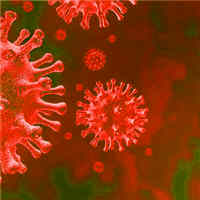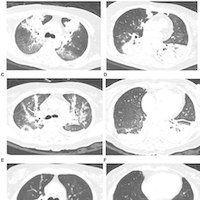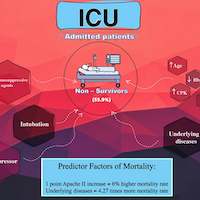Incidence of Arrhythmia Higher in COVID-19 vs. Other CAPs
ccforum.biomedcentral.com
The incidence of arrhythmia was higher in COVID-19 than in other community-acquired pneumonia (CAP), with 2 out of 10 COVID-19 patients dying after developing arrhythmia.
Higher incidence rates of conduction disorders and premature contractions were found in COVID-19 patients, compared to other types of arrhythmias.
The authors noted that possible mechanisms of arrhythmia may include cardiac damage from metabolic disarray, hypoxia, neurohormonal or inflammatory stress and infection-related myocarditis in the setting of COVID-19.
However, in the vast majority of the studies included, a substantial number of patients were receiving hydroxychloroquine, and sometimes azithromycin, and lopinavir/ritonavir.
Currently, there is no robust clinical evidence for a benefit associated with these drugs in the treatment of COVID-19, though most, if not all, are associated with the potential to prolong the QT interval, and induce “Torsades de Pointes,” with a consequent risk of drug-induced sudden cardiac death.
Given an estimated prevalence of 1 per 2000 of congenital long QT syndrome (LQTS) in the general population and given the fact that it is generally considered to be significantly underdiagnosed, administration of QT interval prolonging drugs in COVID-19 patients may go some way to explain the increased incidence of arrhythmia.















